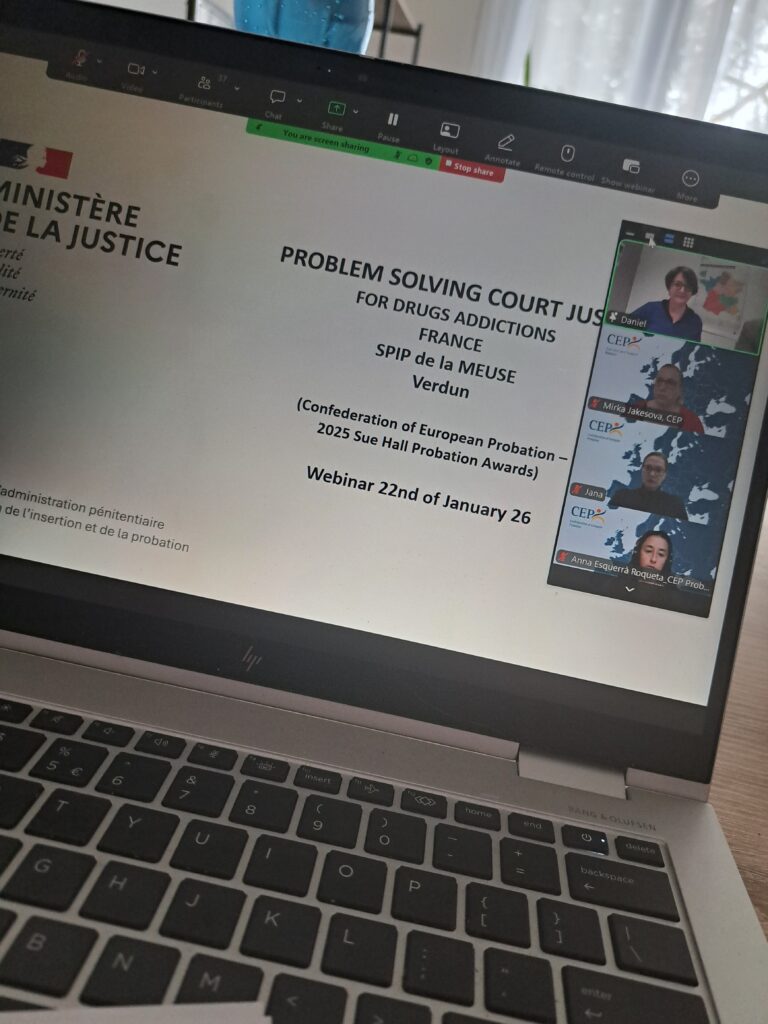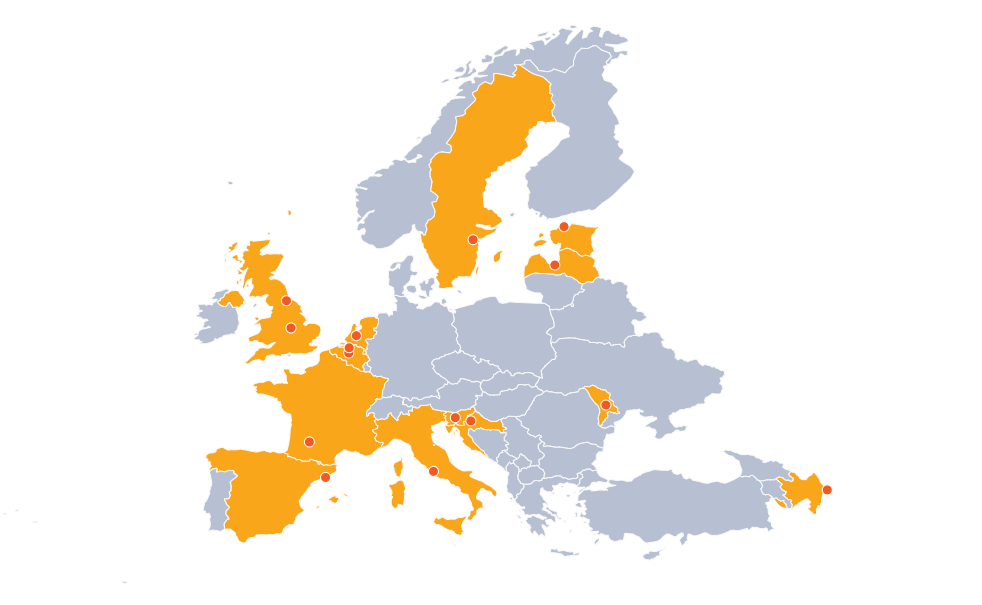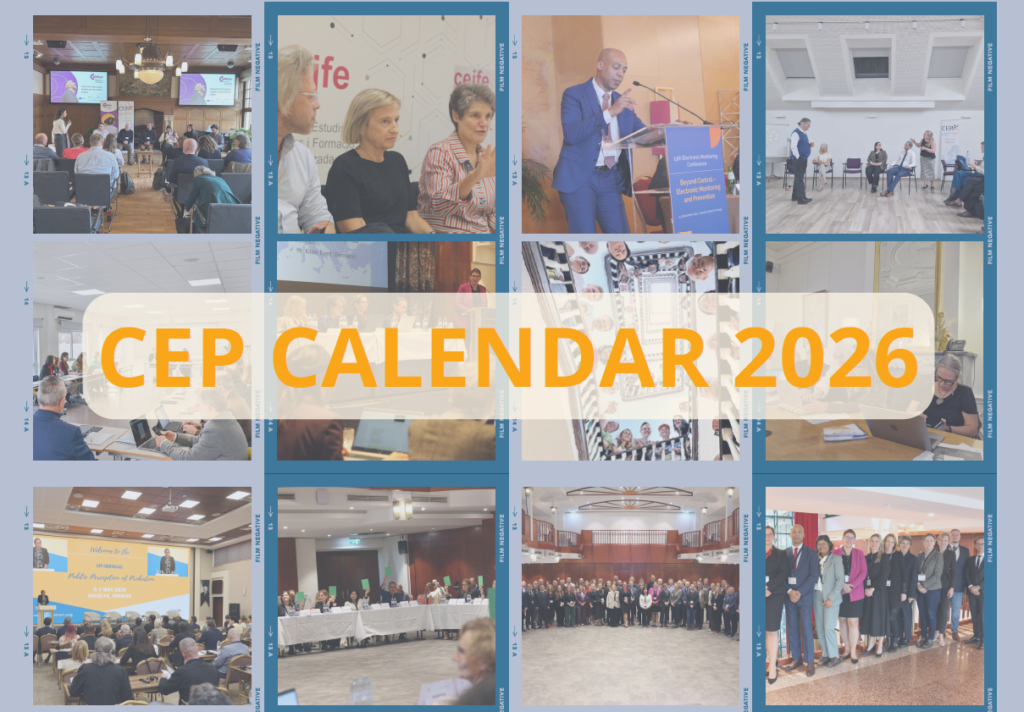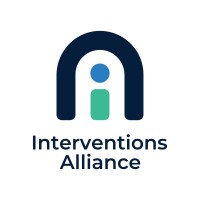Previous Article
News
The importance of multi-agency and partnership working in the field of sexual abuse
Sexual abuse is an international and transnational issue (See the UN and EU for ongoing debates as well as projects), which makes it a complex challenge to prevent as well as respond to. Sexual abuse being a global norm means that we need to get better at communicating around the issue as a worldwide community, but also as a professional community as well. we need to break out of our silos and work in partnership.
This article is written by. Professor Kieran McCartan. He is a Professor in Criminology at University of the West of England, Bristol and is the Chief Blogger on the Sexual Abuse Blog, the NOTA prevention blog and the scientific director of the CEP Reframing Sexual abuse: Practical Directions conference in Riga, Latvia later this year.
The challenges of national partnership working are well demonstrated (i.e., the recent John Worboys case in the UK is a good example) as are the challenges and issues linked to cross border, international partnership working (Hilder & Kemshall, 2015). Professionals believe that good partnership working, although challenging, is essential to the successful management of perpetrators of sexual abuse; this was emphasised by two research council funded projects that the author was involved in, one being UK based (“Public disclosure of sex offender information”) and the other taking place across five different countries ( “Community engagement and partnership working in facilitating sex offender reintegration”). As sexual abuse is a multi-dimensional issue that ties to ideas around societal attitudes, culture, mental illness, personality and anti-sociality it means that we need a rounded approach to understanding as well as managing perpetrators; therefore we need probation, police, social work, social welfare, therapist, psychologists, counsellors, educators and employers to work together in synch. However, as Hillder & Kemshall point out, not all European countries or affiliated countries have a concrete and comprehensive multi-agency approach to managing perpetrators of sexual abuse released into the community in their own country; which poses some real offender management and risk management issues.
MAPPA
In England and Wales Multi-Agency Public Protection Arrangements are matter of course when dealing with serious, violent and/or sexual offenders. The MAPPA process enables members of different agencies linked to the offender (i.e., police, prison, probation, housing, social welfare, etc) to come together and plan a coherent, response and risk informed approach to their management in the community. This practice is also used elsewhere in the UK and follows a similar process (Public Protection Arrangements Northern Ireland in Northern Ireland or Multi-Agency Public Protection Arrangements (Scotland) in Scotland). Research on the impact of MAPPA in England and Wales indicates that although the numbers of MAPPA eligible offenders is increasing (mainly due to increased reporting, recording and sentencing of perpetrators of sexual abuse) the process is still managing to successfully manage offenders in the community, reduce reoffending and protect the public (Ministry of Justice, 2017). The continued success of MAPPA in England and Wales reinforces the importance of partnership and multi-agency working around serious sexual offenders, another programme that also demonstrates this is Circles of Support and Accountability.
Circles of Support and Accountability
Circles of Support and Accountability which over the last 20 odd years has spread from one project in Canada to multiple countries worldwide, many of which are in Europe. The Circles model, like MAPPA, also emphasises partnership working and the importance of communication, but unlike MAPPA is not criminal justice orientated (although they are partners), it is instead grounded in the community. The circle enables members of local communities to support the integration of perpetrators of sexual abuse into their communities, while holding them accountable for their past and future behaviours. The role of the community in the circle is to parallel statutory working and communicate information to the professional organisations that manage the offender (McCartan et al, 2012; McCartan, 2016); it is a grassroots form of partnership working that has shown preliminary success internationally (for examples of research and evaluation, please see Circles UK). Hence, circles emphasises collaboration, community engagement, partnership and collaboration, not a form of “probation lite”. Although, there are similarities between Circles and MAPPA, MAPPA has a more coherent evidence base but it is safe to say that both show that cohesive partnership working is the best means to manage as well as integrate offenders.
The role of managing perpetrators of sexual abuse in the community is a challenging one, both on a practice and a personal level. Partnership working is central to the successful risk management of these individuals upon release, but we need to start thinking about how we can move successful partnership working to the prevention end of the sexual abuse spectrum. How can professionals communicate and work more effectively in tandem to prevent sexual abuse from occurring?

Related News
Keep up to date with the latest developments, stories, and updates on probation from across Europe and beyond. Find relevant news and insights shaping the field today.
New

Alternatives to pre-trial detention, Community Sanctions and Measures, Framework Decisions, Technology
Future of Criminal Justice: CEP’s Contribution to Key 2025 Dialogues
27/01/2026
Throughout 2025, CEP and its representatives actively participated in the online Technical meetings ahead of the HLF as well as the High Level Forum on Future of Criminal Justice taking place on 4-5 March 2025, 20-21 May 2025 and 1-2 October 2025 in Brussels, Belgium.
Recap

Alternatives to pre-trial detention
Recap: Webinar on Alternatives to Detention 2026
26/01/2026
On Thursday 22 January, CEP hosted the first webinar of 2025 on the topic of Alternatives to Detention. The session led by Ms. Marina Pajoni from the French Prison and Probation Service titled „Problem Solving Justice in Pracitce: The Meuse Probation Service´s Approach to Drug Addiction“ introduced an innovative programme developed by the Meuse Probation Service in close cooperation with the French Ministry of Justice.
New

Education and Training
CEP launches an interactive European map of probation education and training institution contacts
22/01/2026
The CEP is pleased to inform its members that a new dedicated section has been developed on the CEP website featuring an interactive map of Europe.
New

CEP Events
CEP activity calendar 2026
20/01/2026
As we begin the new year, we would like to thank all CEP members, partners, and participants for your continued engagement and valuable contributions. Your involvement plays an essential role in shaping CEP’s work and activities.
We are pleased to share the CEP calendar for 2026, which provides an overview of the events planned for the year ahead. We look forward to continuing our collaboration and welcoming you to upcoming CEP activities throughout the year.
Thank you for being part of the CEP community.
New

CEP members, Gender-based violence
Interventions Alliance’s Eden House Recognized as Outstanding
15/01/2026
CEP is delighted to share that Eden House, an Interventions Alliance residential service for women with high-risk or complex needs on probation, has been rated “Outstanding” overall by HM Inspectorate of Probation. In 2022, Eden House was honored with the CEP Public Protection Award. Our sincere congratulations to the team for this remarkable achievement.
New

Education and Training
The Judicial Training Dashboard
14/01/2026
The European Training Platform (ETP) is a search tool for justice professionals. You can find self-learning materials on a great variety of EU law practice areas and related topics, as well as links to training providers’ homepages and course catalogues.
Subscribe to our bi-monthly email newsletter!
"*" indicates required fields
- Keep up to date with important probation developments and insights.

